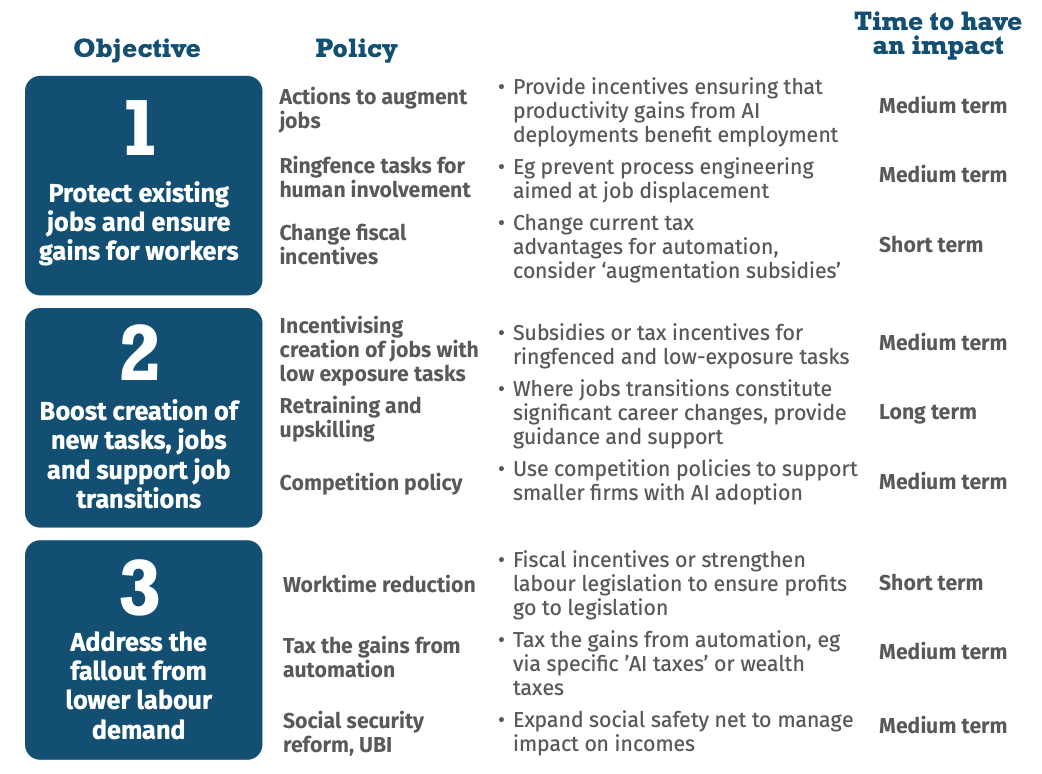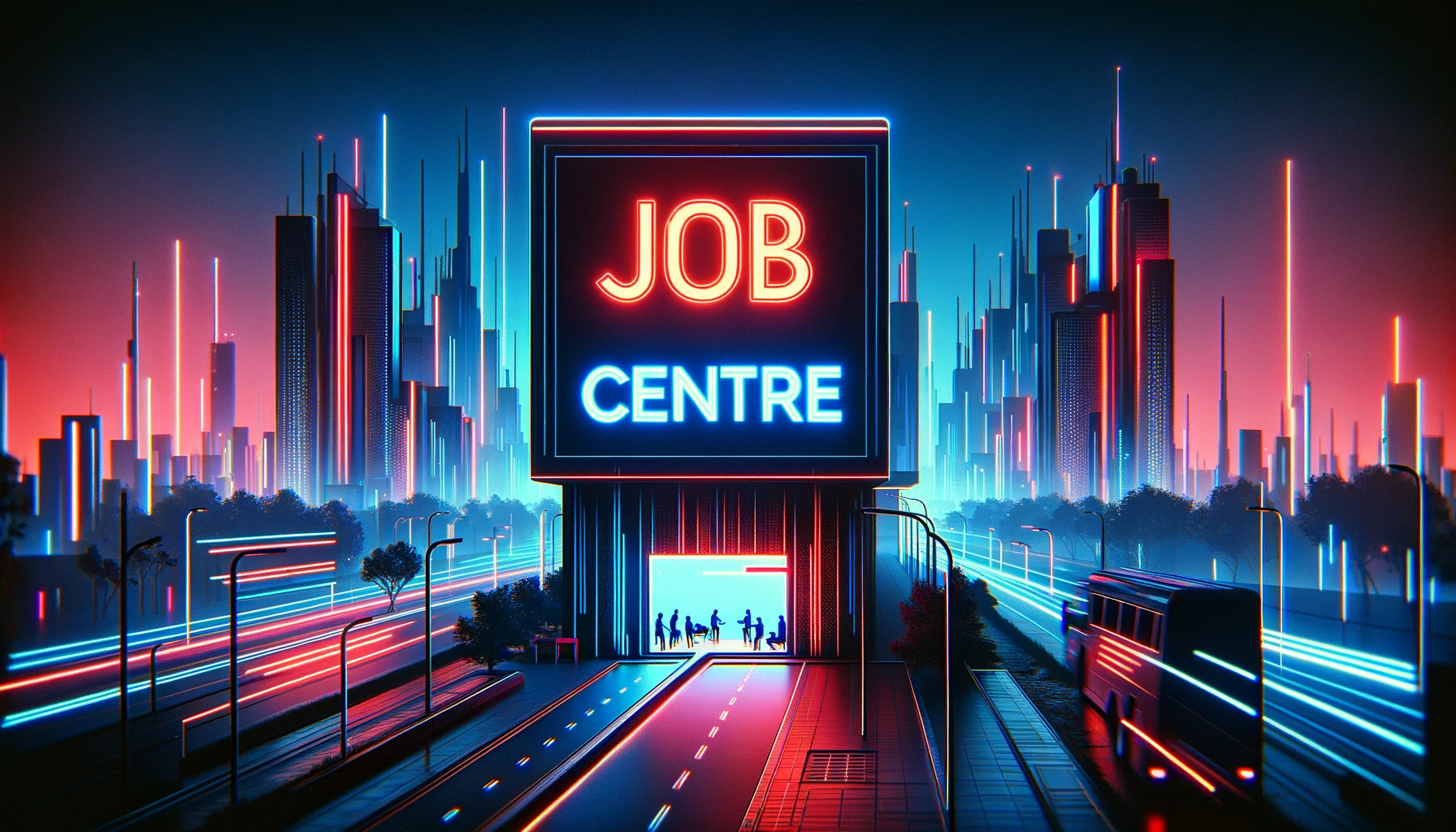A report published by the Institute for Public Policy Research (IPPR) says that unless authorities act swiftly, up to 8m jobs could be lost in the UK due to the increasing adoption of AI in the workplace.
The report says that the UK government is facing a “sliding doors moment” where a lack of response to AI developments could lead to a “worst-case scenario” that would see millions of jobs shed.
Two key stages of generative AI adoption were noted; a first wave currently in progress, and a second wave that will see AI more deeply integrated into business processes.
The IPPR analyzed 22,000 tasks in the UK economy, which covered every job type, and found that 11 percent of tasks done by workers are already exposed in what the report calls the AI “experimentation phase”.
Back office, entry-level, and part-time jobs are most exposed to this first wave, with women significantly more affected than men.
The depth of AI integration in companies during the second wave remains to be seen, but the report warns that as much as 59% of the tasks evaluated could be impacted.
While the first wave is impacting jobs like database management, scheduling, or inventory management, the next wave is expected to also impact “non-routine cognitive tasks (such as creating and maintaining databases) and would affect increasingly higher earning jobs.”
Entry-level jobs are typically where young job seekers begin their careers. The report expects firms to introduce AI technologies for these roles rather than hiring young people.
In the worst case scenario, AI could replace 7.9 million UK jobs. But in the best case scenario, no jobs would be lost & we could boost GDP by 13.4%. There is no predetermined path, but policy makers need to act to avoid a job apocalypse.
Read more here: https://t.co/44flk0ARD4 pic.twitter.com/dyYukhS44M
— IPPR (@IPPR) March 27, 2024
Action required
The IPPR acknowledges that technological change is a good thing but “unmanaged technological change has always come with risks and disruptions.”
AI is expected to deliver a huge boost to the UK’s economy but the risk is that the distribution of that extra money could be inequitable. The report says AI deployment could lead to wage gains of 30% in some cases, and zero in others.
Carsten Jung, senior economist at IPPR, said “Technology isn’t destiny and a jobs apocalypse is not inevitable – government, employers, and unions have the opportunity to make crucial design decisions now that ensure we manage this new technology well. If they don’t act soon, it may be too late.”
Some of the interventions the report recommends are:
- Supporting “green jobs”, occupations that require manual interaction and are therefore less exposed to AI automation.
- Promoting “social occupations” which could fill the growing need in social care and mental health services. High interpersonal occupations like sports coaches are also more resilient to AI automation.
- Ringfencing certain tasks with policies that require a continued degree of human involvement.
- Offer tax incentives or subsidies to encourage companies to choose AI job augmentation over full displacement.

Bhargav Srinivasa Desikan, senior research fellow at IPPR, said, “We could see jobs such as copywriters, graphic designers, and personal assistants roles being heavily affected by AI. The question is how we can steer technological change in a way that allows for novel job opportunities, increased productivity, and economic benefits for all.”
The report referred to OpenAI CEO Sam Altman’s comments in 2021 where he called for a kind of AI tax to ensure that the gains from automation are more evenly distributed through an expanded social safety net.
Will AI make a universal basic income (UBI) a reality? Perhaps. While we wait for that, prospective students might want to scrap their college applications and choose to pursue a trade or a career in social services instead.





